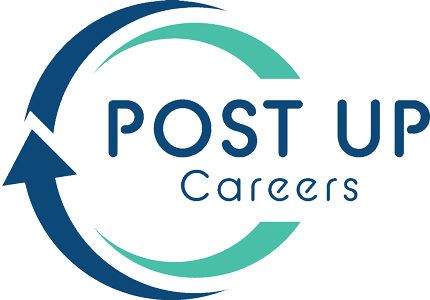As Seen on the Confident Career
“And if you can’t be with the one you love honey, love the one you’re with.” Stephen Stills wrote these lyrics for his self-titled album in 1970.
What does this have to do with your job search? Everything! Finding a new position can be a full-time job itself, but if you already have a full-time job, do not let your search interfere with your performance. Whether you are testing the waters or are completely miserable, the worst possible thing you can do during your job search is to mentally check out of your current job.
First, it’s important to understand that undertaking a job search can be a lengthy process. There are a lot of variables that impact how long the process may take, including the economy, the level of demand in your field, location, experience, job searching strategies, and employment history, principally.For the average person, it is likely to take five months to find a new job, according to a study of 2,000 Americans by staffing agency Randstad. Even when you find a job, it can take an average of nearly 24 days from the date of the interview to get hired, according to two separate reports from Glassdoor and the National Association of Colleges and Employers (NACE).
This isn’t meant to dissuade you, but instead to help prepare you for the reality of the job search process. And that leads us to our next point.
It’s easier to find a job when you have a job. This old adage is true. Multiple employment gaps can be red flags for hiring managers. And a single, lengthy employment gap can keep you from being considered.
That’s especially concerning in today’s economy, where long-term unemployment, which is defined as 27 or more weeks (6 months or longer), has reached levels that we haven’t seen since 2014.
If you’re considering a change, that makes it all the more important that you recommit to your current position until you find your next role.
So, how do you ensure success in your current job while also finding success in your job search?
The most important thing you can do is mentally prepare yourself for this time of transition. Recognizing it as a temporary situation, but being realistic about how long you may be searching, is critical.
Once you’ve done that, write down your short-term goals for your current role and your job search. Small successes can lead to bigger success (as in, landing your next job) because our brains release dopamine when we succeed. And our brain’s pathways translate that dopamine into greater concentration and inspiration to succeed again. However, be sure that you make your goals SMART - specific, measurable, achievable, relevant, and time-bound - so you don’t end up working against your own success.
For your current position, these may be things from your performance plan or projects you’ve been meaning to get checked off your list. Even clearing out all of those unread emails can make a difference. Be proactive and engaged with your colleagues and management. Remember, you want to leave your current job on good terms and it always feels good to leave on a high note, so make that the ultimate objective of your SMART goals.
For your job search, focus on the things you can control. Make sure you have an active LinkedIn profile with a professional picture (in other words, do not include other people or animals). Refresh your resume to ensure it highlights your most recent accomplishments and any new skills or training you’ve acquired. And write down your job search strategies, which should include leveraging your professional network, to maximize your chances of success.
Remember, you will ultimately find a new job. But until that time comes, honey, love the job you’re with.





